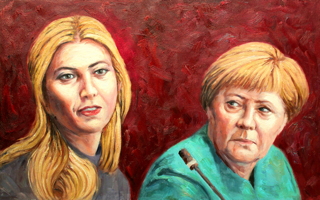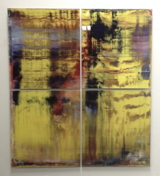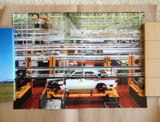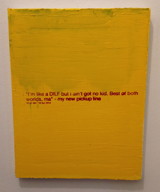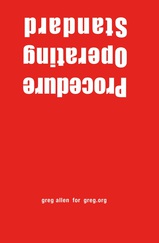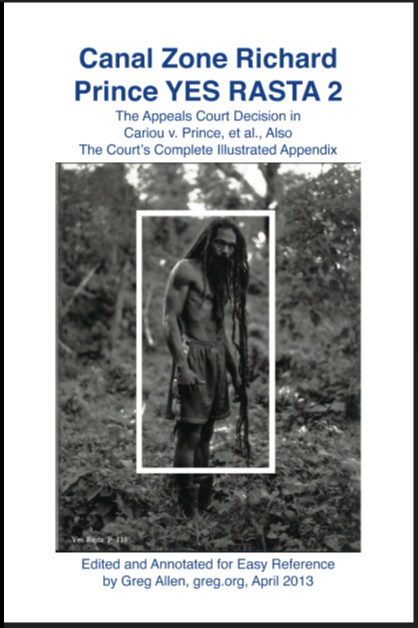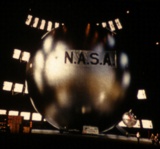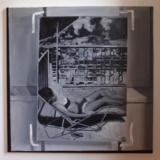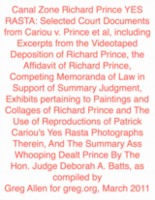Saying they reminded him a bit of the polygonal distortions of the Dutch Landscape images from Google Maps, greg.org reader Patrick passed along these examples of adaptive subdivision from flickr user Quasimondo.
Googling around on it, I gather it's a tiling technique used in mapping that partitions an image based on the similarity of adjacent data; more similar=larger polygon. More detail/variation=smaller divisions.
I've been debating in my head whether to really delve into the actual algorithms and techniques used to camouflage the various military & intelligence sites I've been pulling. It's not clear that it'd help the project along in any way, but it does fascinate me.
What became immediately obvious is that while the geometric abstractions of some sites are clearly based on the underlying image, others have been pasted over by totally unrelated polygon blobs. Compare in the map of The Hague below, the detail of the Noordeinde Palace in the upper left and the outsize blob hiding the Department of Defense on the right.
View Larger Map
I wonder if sometimes it's best--or enough--to just be stoked for the found images I've found as I've found them.


